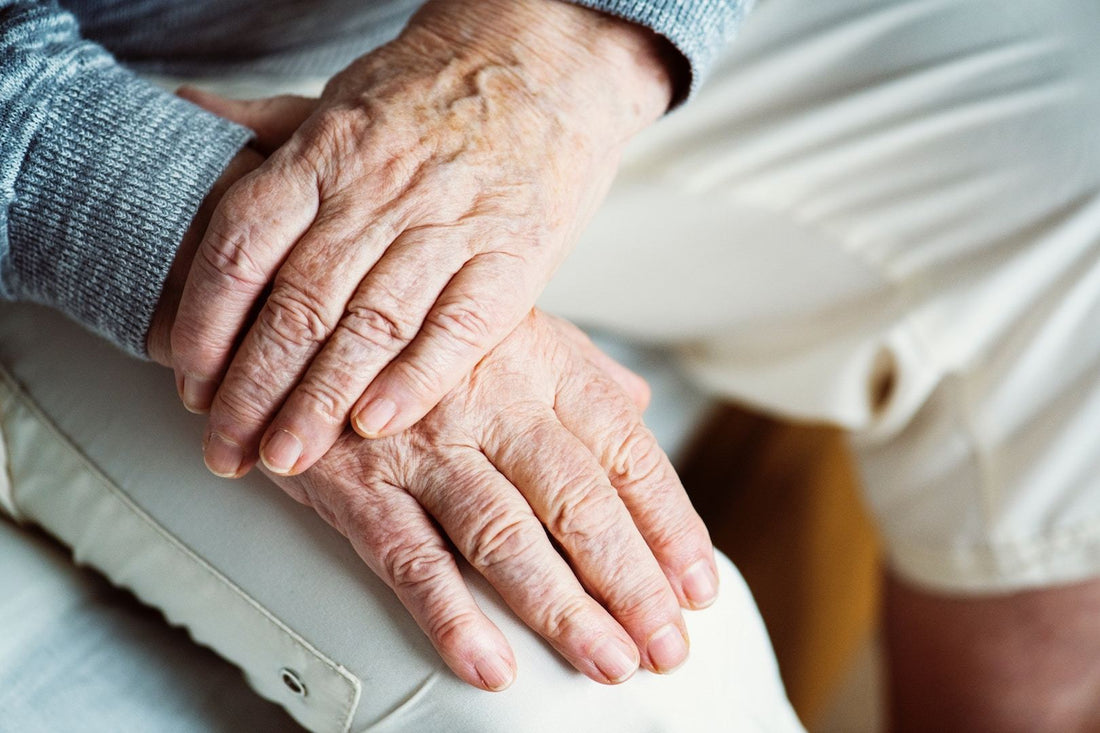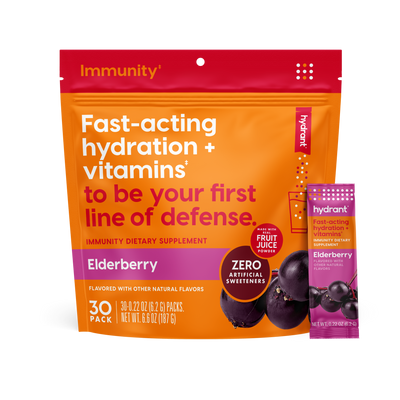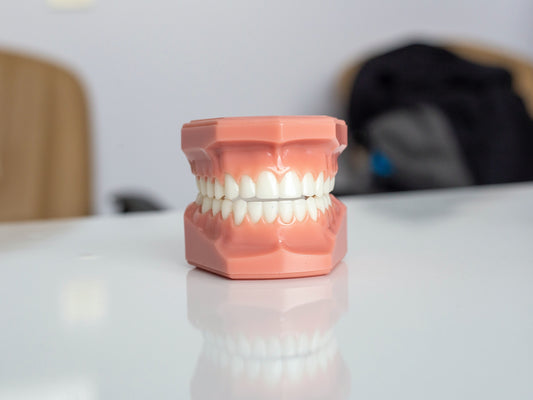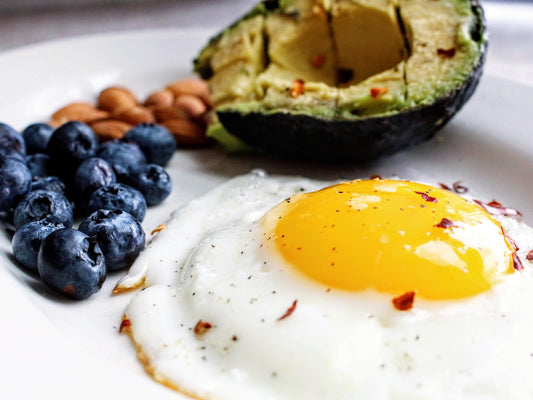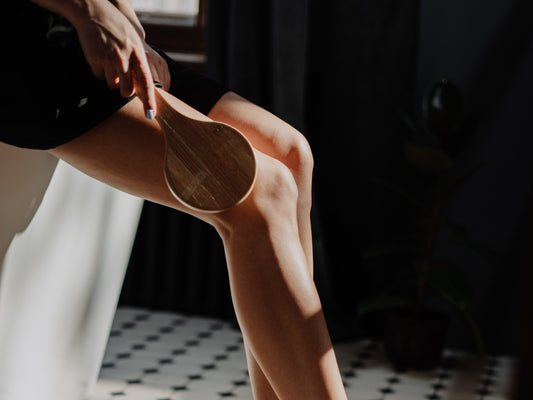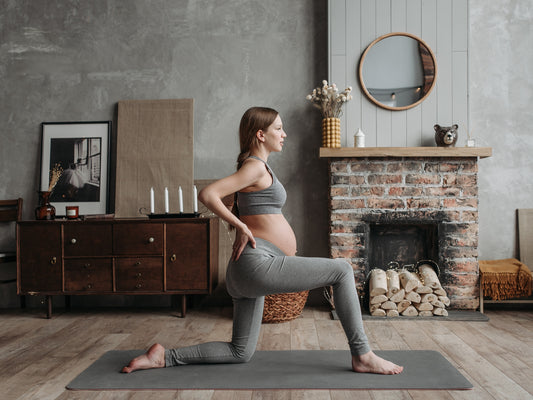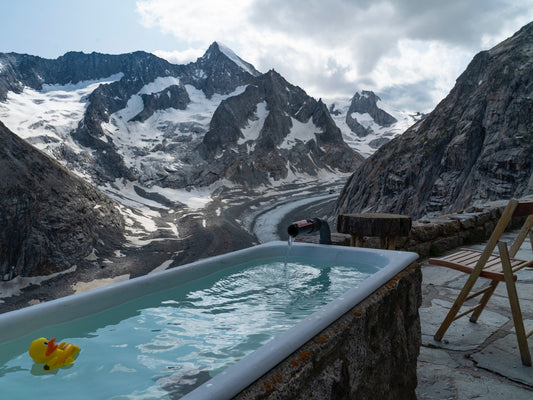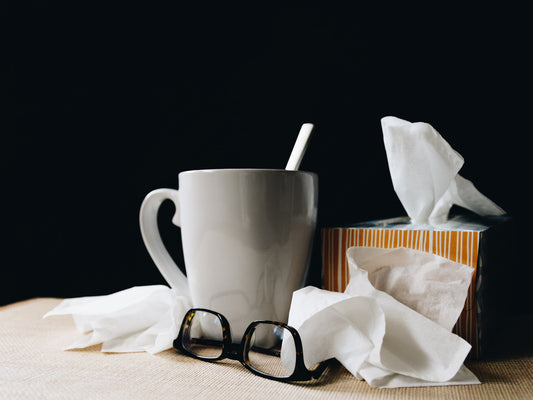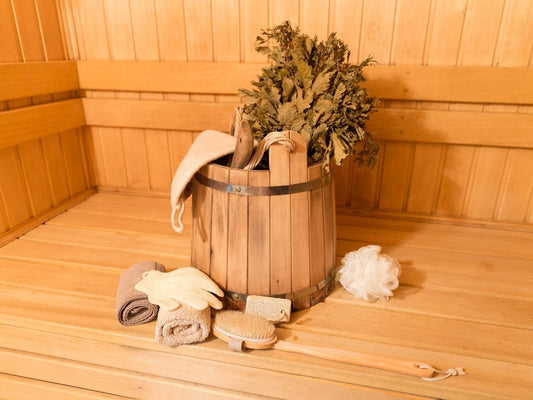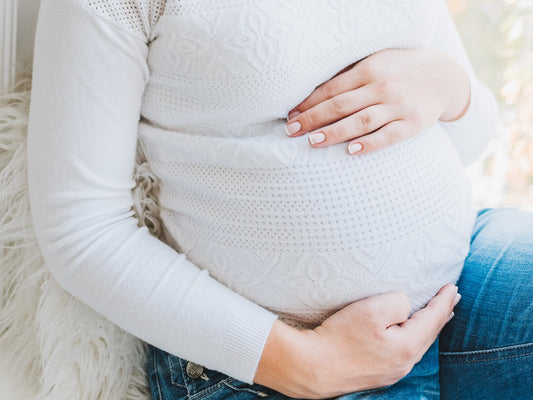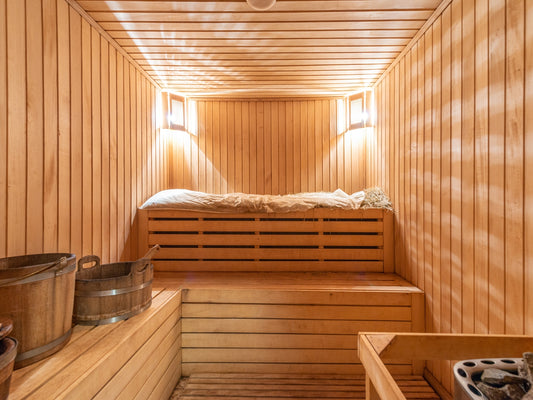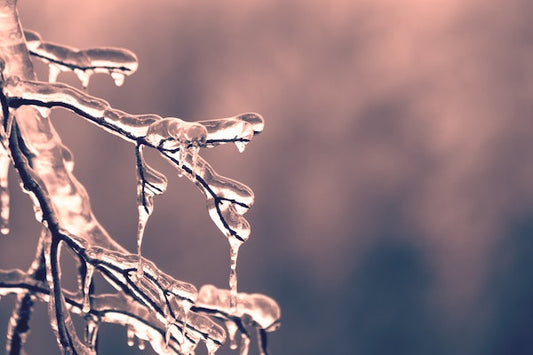Why are the Elderly more at Risk of Dehydration?
Contrary to common sense, those with demanding routines and active lifestyles aren’t the only ones who can get dehydrated. The elderly are more at risk of dehydration, and with larger potential consequences, than their younger counterparts. This heightened risk with age is due to a number of reasons:
- In general, your dehydration level depends on the amount of water your body losses within a given amount of time, relative to the amount of water your body normally keeps in circulation. Your risk of dehydration increases with the more water you lose. (It can be tricky to tell when or how you’ve lost water—*hint hint* it’s not always through sweat—so we’ve written a quick guide on how to tell if you’re dehydrated.) As you get older, your total amount of body water tends to go down. This means it takes less water lost to become dehydrated [1].
- As you get older, your sensation of thirst dulls. On top of that, as you become less thirsty less frequently, your body’s ability to conserve salt and water decreases. Your brain will continue to respond well to dehydration, releasing a molecule called Antidiuretic Hormone (ADH), which helps the body conserve water. The problem arises in the kidneys: with increasing age, the kidneys react less and less to ADH, favoring excretion of water from the body (through urine) over conservation [2].
- Additionally, dehydration can compromise your body’s ability to regulate its temperature: the more dehydrated you are, the less you can sweat, and the more likely your body will overheat [1].
Why is Dehydration a Problem for Elderly People?

At the risk of over-exaggeration, dehydration in the elderly is a serious matter. It can be a warning sign, or even precursor, to more immediately serious conditions, and may sometimes require hospitalization. Studies show a correlation between hospitalization from dehydration and increased mortality, particularly in elderly men [3]. Most notably, dehydration may quickly lead to increased body temperature, another potential precursor to necessary hospitalization.
What are the Key Symptoms for Dehydration in the Elderly?
Symptoms of dehydration can be hard to recognize, no matter your age. We’re previously outlined quick self-diagnosis tests for dehydration, but they don’t work as well for the elderly.
The common dehydration test of pinching your skin and observing its ability to relax back does not work as an accurate indicator. With age, skin becomes dry, thin, and inelastic. Even well-hydrated elderly people would fail this test [5].
Instead, the elderly should glance at their armpits or tounge for signs of dehydration, like more severe skin cracks or furrows [4,5].
How Can the Elderly Prevent and Treat Dehydration?
When in doubt, the elderly should drink more water to recover from dehydration. As with other ailments, maintaining proper fluid intake is key [3]. The elderly should consult their physicians for more details. Doctors know best, and can help tailor the elderly’s needs according to lifestyle and medications. Lots of prescription drugs suppress thirst, or otherwise mess with the body’s normal ability to regulate water and temperature levels, so it’s important to keep their potential effects in mind. As with everyone else, heat waves only worsen the problem in the elderly, so they should take special care to drink plenty of water when it’s hot out [1].
The Elderly Should Take Special Care to Remain Properly Hydrated

Being human is an exhausting endeavor, even for the most sedentary of us. Dehydration happens as a natural consequence of our biology. Unfortunately, dehydration hits the elderly the hardest. While self-care through hydration is important, it’s doubly important for the elderly to maintain a healthy intake of water and balanced salts.
At Hydrant, we know it’s hard to figure out the right balance of nutrients, so we’ve done the hydration science for you. One pack of Hydrant mixed with 8 oz. of water gets you the right levels of salts and sugars for fast, effective hydration. But don’t take our word for it, always consult your physician for advice.
Writer: Florence Pickles, Oxford University
Editor: Elizabeth Trelstad, Founder at hellobeaker.com
References:
[1] Olde, M et al, Heat waves and dehydration in the elderly, BMJ, 339:7713, 119, 2009. (Looking specifically at why heat waves are dangerous for elderly people)
[2] Leaf, M, Dehydration in the Elderly, The New England Journal of Medicine, 311:12, 791-792, 1984. (Comparison of how older and younger people respond to dehydration and why)
[3] Warren, J et al, The Burden and Outcomes Associated with Dehydration among US elderly, American Journal of Public Health, 34:3, 1265-1269, 1991. (This paper examines the importance of dehydration in a hospital setting, highlighting the serious risks associated with it in the elderly)
[4] Shimizu, M et al, Physical Signs of Dehydration in the Elderly, Internal Medicine, 51:10, 1207-1210 2012. (Looking at commonly used signs of dehydration and how good they actually are)
[5] Lindquist, R et al, Clinical indicators of dehydration severity in elderly patients, The Journal of Emergency Medicine, 10, 27-274, 1992. (Looking at what the best indicators are of dehydration specifically in the elderly)
[6]. Best Electrolyte Powders is a website with a just-the-facts comparison between the five big electrolyte powder brands










